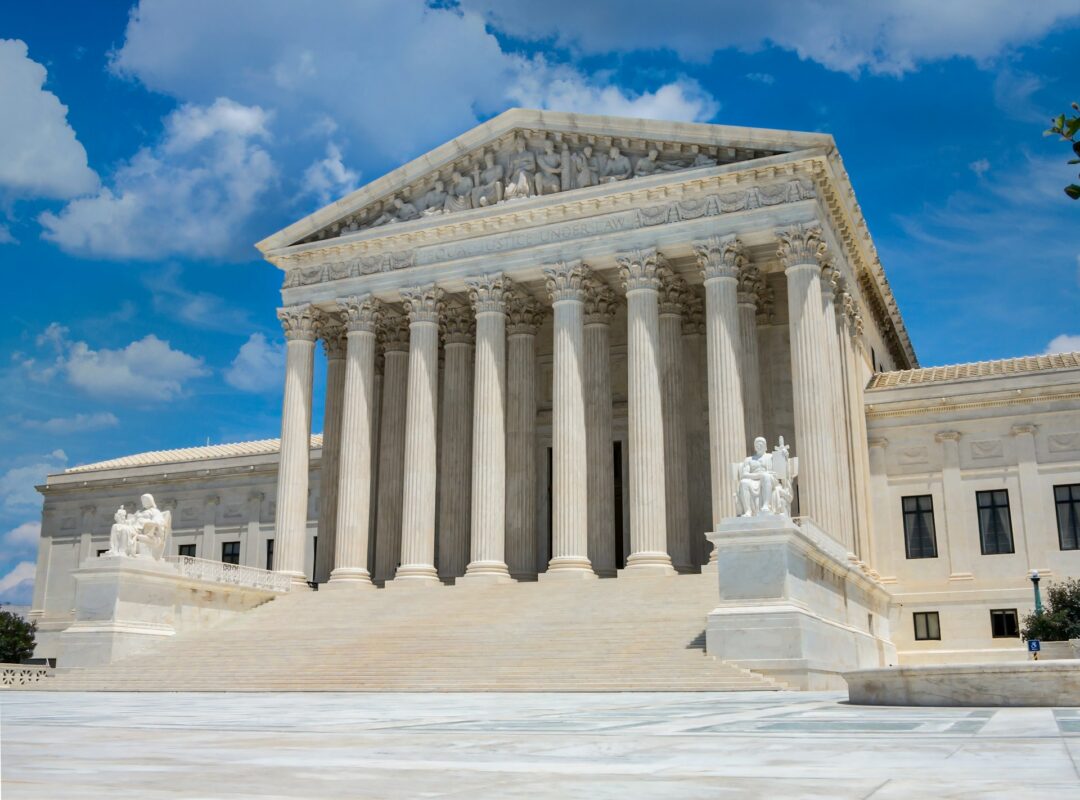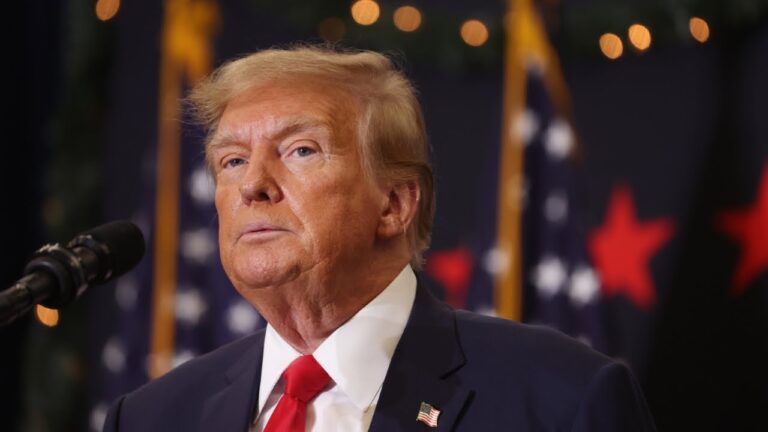In a landmark decision that has reverberated across the nation, the Supreme Court delivered a pivotal 5-4 ruling in favor of Arizona’s push for more stringent voter ID laws. This verdict represents a significant victory for Republicans advocating for tighter election security measures, particularly the mandate for documented proof of citizenship as a prerequisite for voter registration, including mail-in ballots.
At the heart of this decision is an emergency stay that partially upholds Arizona’s controversial law, which faced fierce opposition from civil rights groups and the Arizona Democrat Party. These groups challenged the law’s legality, citing a 2013 Supreme Court decision that restricts states from imposing additional voting requirements in federal elections. However, Arizona’s GOP has stood firm, arguing that the state’s right to establish voter qualifications is enshrined in the Constitution and essential to safeguard the integrity of elections. The Arizona GOP heralded the Supreme Court’s decision as a critical step towards ensuring that only citizens participate in the electoral process, framing it as a defense against potential non-citizen voting.
The ruling arrives at a critical juncture, as the nation gears up for the November presidential election. The implications of this decision are far-reaching, potentially setting a precedent for other states seeking to implement similar voter ID laws. With approximately 42,000 Arizona residents currently unable to meet the citizenship proof requirement, the state operates a dual-track voting system. This system permits those individuals to vote in federal but not state and local elections, highlighting the ongoing tension between state and federal voting regulations.
The justices themselves were starkly divided, with Justices Thomas, Alito, and Gorsuch supporting the stay fully, while Justices Sotomayor, Kagan, Barrett, and Jackson opposed it entirely. This division underscores the contentious nature of voter ID laws and their impact on voter accessibility and electoral fairness.
Civil rights advocates argue that such laws disproportionately disenfranchise minority and low-income voters, who may find it challenging to produce the necessary documentation. Meanwhile, supporters claim these measures are vital to preventing voter fraud and maintaining public confidence in the electoral system.
As legal battles continue, the Supreme Court’s decision adds a new layer to the ongoing discourse on election integrity. It could influence not only the upcoming elections but also the broader legislative landscape regarding voter ID laws across the United States. In this charged atmosphere, the debate over voting rights and election security remains as fiercely polarized as ever, with both sides preparing for further legal and political confrontations.




Leave a Comment